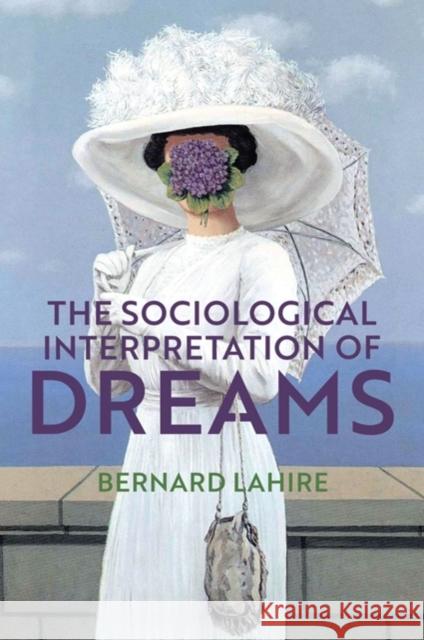The Sociological Interpretation of Dreams » książka
topmenu
The Sociological Interpretation of Dreams
ISBN-13: 9781509537945 / Angielski / Twarda / 2020 / 450 str.
Kategorie:
Kategorie BISAC:
Wydawca:
Polity Press
Język:
Angielski
ISBN-13:
9781509537945
Rok wydania:
2020
Ilość stron:
450
Waga:
0.79 kg
Wymiary:
23.62 x 15.75 x 3.81
Oprawa:
Twarda
Wolumenów:
01
Dodatkowe informacje:
Bibliografia
Wydanie ilustrowane
Wydanie ilustrowane











